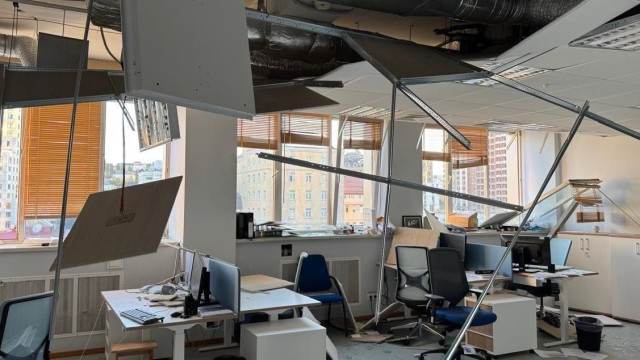
Out of 30,461 domestic violence complaints recorded in 2023, only 4,141 have resulted in convictions. This indicates that only 13% of reported cases lead to a conviction, meaning 87 out of every 100 offenders are not convicted.
The Chairman of the Bar Association stated to Notícias ao Minuto that this “low conviction rate” in domestic violence cases is due to “multiple factors,” including the “difficulty in obtaining direct and credible evidence because of the private nature of these crimes and the lack of witnesses,” and “victims’ reluctance, as they often withdraw from the process or do not cooperate out of fear, economic, or emotional dependency.”
Additionally, João Massano noted other contributing factors to this low conviction rate: “Failures in investigation, insufficient resources and specialized training, persistence of social and cultural stereotypes that minimize or devalue domestic violence.”
Moreover, these cases are complex and “often drag on over time, leading to the dilution of evidence and the forgetting of facts.”
To combat this issue, the Chairman of the Bar Association suggests adopting several measures. Changing the law and how society views the problem of domestic violence.
“The Bar Association has consistently advocated for the need to create a national network of legal support for domestic violence victims, as well as strengthening the training of judges, lawyers, and law enforcement on domestic violence,” emphasized João Massano, adding that it is also necessary to “improve victim protection mechanisms,” including facilitating access “to precautionary measures and psychological support.”
The “adoption of swift and effective procedural practices, which allow for the collection and preservation of evidence, notably digital,” is also essential, along with the “raising of public awareness about the gravity of the phenomenon, combating stigmas, and promoting reporting,” warns the chairman.
“Legislative review” and “systemic response”
For this, according to João Massano, a “legislative review is necessary to clarify and facilitate the admissibility of evidence, such as video surveillance footage, whenever fundamental rights and the protection of victims are at stake.”
“In summary, an urgent systemic, multidisciplinary, and integrated response is needed, placing human dignity and victim protection at the center of judicial and social action, promoting a more effective, swift, and sensitive justice to the reality of domestic violence,” concluded the lawyer.
It should be recalled that domestic violence has been a heated topic in Portugal this week following an incident in Madeira Island. A firefighter was filmed assaulting his wife in front of their 9-year-old son. The suspect was placed in pretrial detention after being arrested, but it remains unclear whether the footage of the brutal assault will be considered by the court and if the man will be convicted.
——-
Domestic violence is a public crime, and reporting is a collective responsibility. If you need help or are aware of a domestic violence situation, report it:
- On the Electronic Complaint Portal, at queixaselectronicas.mai.gov.pt;
- By phone, through the phone number: 112;
- At the closest GNR post to your area of residence, keeping our contacts always at hand at www.gnr.pt/contactos.aspx;
- On the MAI112 app available and exclusively intended for deaf citizens, at http://www.112.pt/Paginas/Home.aspx;
- On the SMS Segurança app, aimed at deaf people at www.gnr.pt/MVC_GNR/Home/SmsSeguranca.
- Through the PSP email: “vi****************@*sp.pt“




